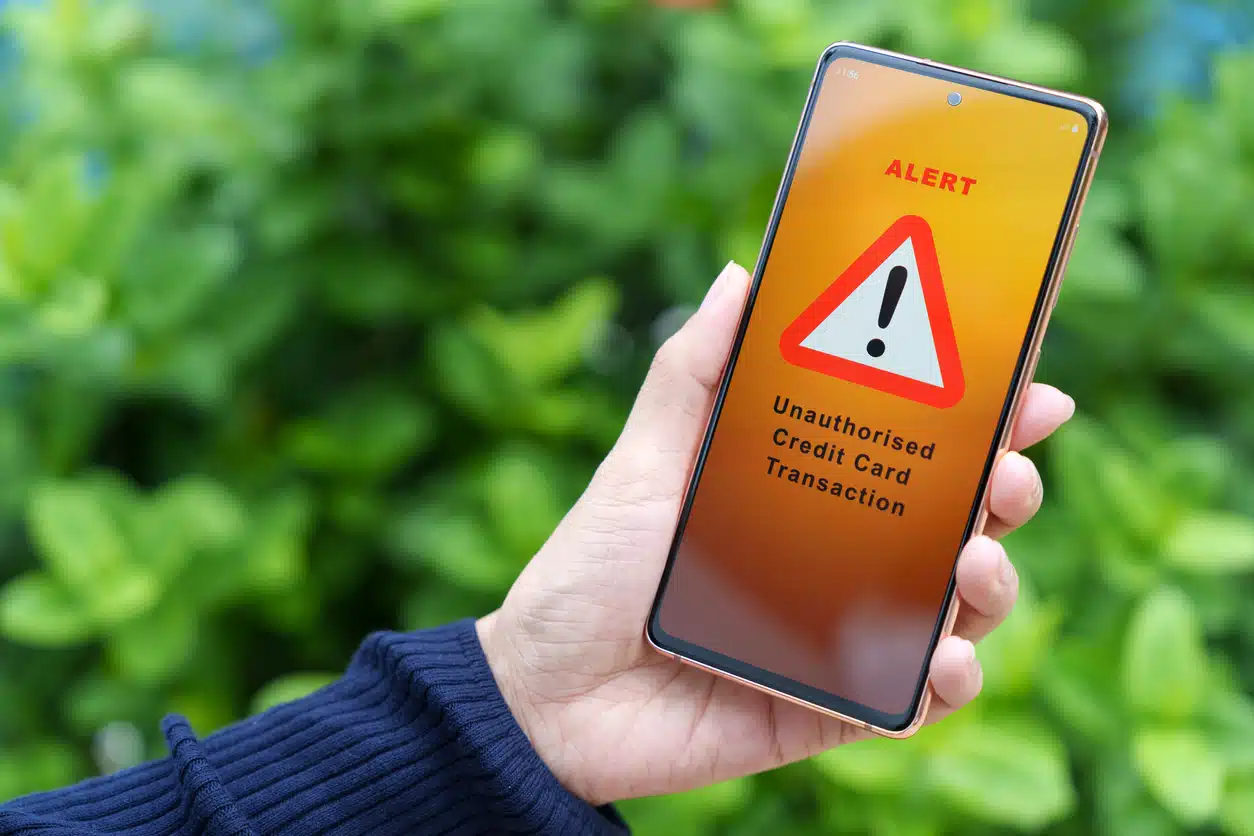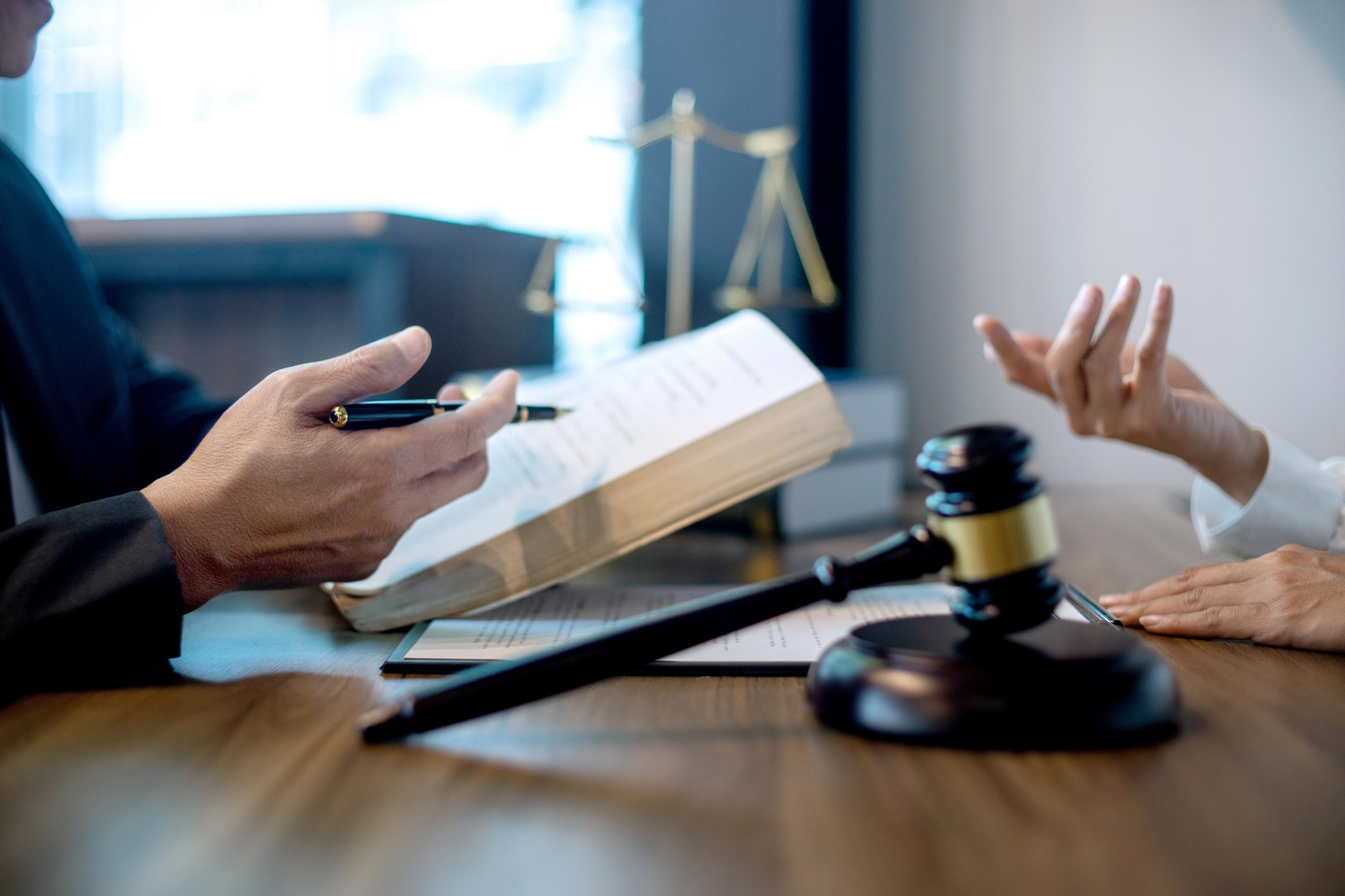Protecting Yourself When Criminals Target Your Finances
It’s an unfortunate reality, but an increasing number of people are having their financial information compromised. Simply paying for an item at a merchant that’s negligent with customer information can result in fraudulent charges. We have all received those letters saying a data breach has occurred. If you’ve faced such a scenario, it’s important to understand the legal implications of unauthorized credit card charges.
Consumer protection has become increasingly important in America as identity theft and financial fraud is on the rise. Some of the legal implications to keep in mind are extremely positive – providing important protections for consumers. Of course, other implications lean more towards consumer responsibility.
Either way, understanding all the legal implications of unauthorized credit card charges will help you better respond if you’re ever victimized.
Understanding Cardholder Responsibilities
While there are robust protections for consumers who experience fraudulent charges, there are also key responsibilities they need to keep in mind. The protections are not limitless, and if you fail to take appropriate action, you may find yourself liable for unauthorized charges. Most importantly, you must notify your card issuer immediately upon discovering the relevant charge.
Of course, this means you can’t take a passive approach to your finances. Far too many people rarely check their statements. There was a time when everyone reviewed their charges upon receiving a paper statement in the mail. However, everything being digitally available has desensitized many to the importance of proper monitoring.
Frequent checks on your account can help identify fraudulent charges sooner and minimize the risk of financial liability.
Initiating the Dispute Process
Another important legal implication of unauthorized credit card charges relates to the dispute process. While consumers do have various protections, it’s not enough to simply tell a customer service representative that a specific charge is fraudulent. It is best to initiate the dispute process to ensure your consumer protection rights are protected.
Here are some crucial steps:
- Contact your credit card issuer to report the disputed charge immediately
- File a dispute in writing to your issuer. Include relevant details:
- Charge date
- Charge amount
- Why it’s unauthorized
- Retain copies of correspondence for your records
- Understand that credit card companies must:
- Acknowledge disputes within 30 days
- Resolve disputes within 90 days or explain their findings
Initiating the dispute process gets the ball rolling on being reimbursed for fraudulent charges or having them removed from your bill. Work closely with your card company and read all notices they send you. Remember, there may be deadlines for responding, so don’t procrastinate about checking your alerts and account inbox.
Understand Your Federal Protections
Most legal implications of unauthorized credit card charges fall under federal law. There are unique protections — several, in fact — that limit liability once consumers dispute fraudulent charges. Remember, many of these protections rely on you actively meeting your consumer responsibilities. As long as you do this, two primary statutes apply:
Fair Credit Billing Act
The Fair Credit Billing Act (FCBA) limits consumer financial liability to just $50 for unauthorized charges, regardless of the amount charged. The FCBA dictates that credit card issuers must investigate disputes and remove fraudulent charges if verified. Cardholders have 60 days from their statement date to dispute charges.
Electronic Fund Transfer Act
The Electronic Fund Transfer Act (EFTA) protects debit card users in case of unauthorized transactions. Limited liability depends on how quickly the fraudulent charge is reported. If you contact the company within two days, your liability is limited to $50. Unfortunately, liability jumps to $500 after two days — and it becomes unlimited if reported after 60 days.
Data Breach Liability
In many cases, it’s not clear how an unauthorized user was able to access sensitive information. Many of us have gotten the dreaded text from our financial institution asking us if we authorized a charge at a merchant on the other side of the country. Criminals access our information in many different ways, but when companies are to blame, liability may exist.
When unauthorized charges occur related to a breach at a business or institution, government agencies can get involved and impose fines or require corrective action. This is a common outcome when incidents occur due to the organization’s failure to abide by federal law. Financial institutions can also face penalties for noncompliance with the law.
If you report unauthorized charges on your card and the issuer doesn’t follow federal law, you can report them to the Federal Trade Commission. Certain violations can also be reported to the Consumer Financial Protection Bureau and the Office of the Comptroller of the Currency. There are actually several agencies that can help, and an attorney can point you in the right direction.
Legal Recourse Available to Victims
While most legal implications of unauthorized credit card charges relate to limiting consumer liability, there are also implications within the criminal justice system. Victims of payment card fraud should file a police report immediately so there’s an official record of the crime. Not only is this typically required before card issuers will consider waiving liability, but it also gives police the information they need to try to track down the criminals.
At Khosroabadi & Hill, APC, our identity theft lawyers are committed to securing a fair outcome on your behalf. Contact us at 858-240-2093
to schedule your free consultation.

 Call Us Now
Call Us Now Email Us Now
Email Us Now



